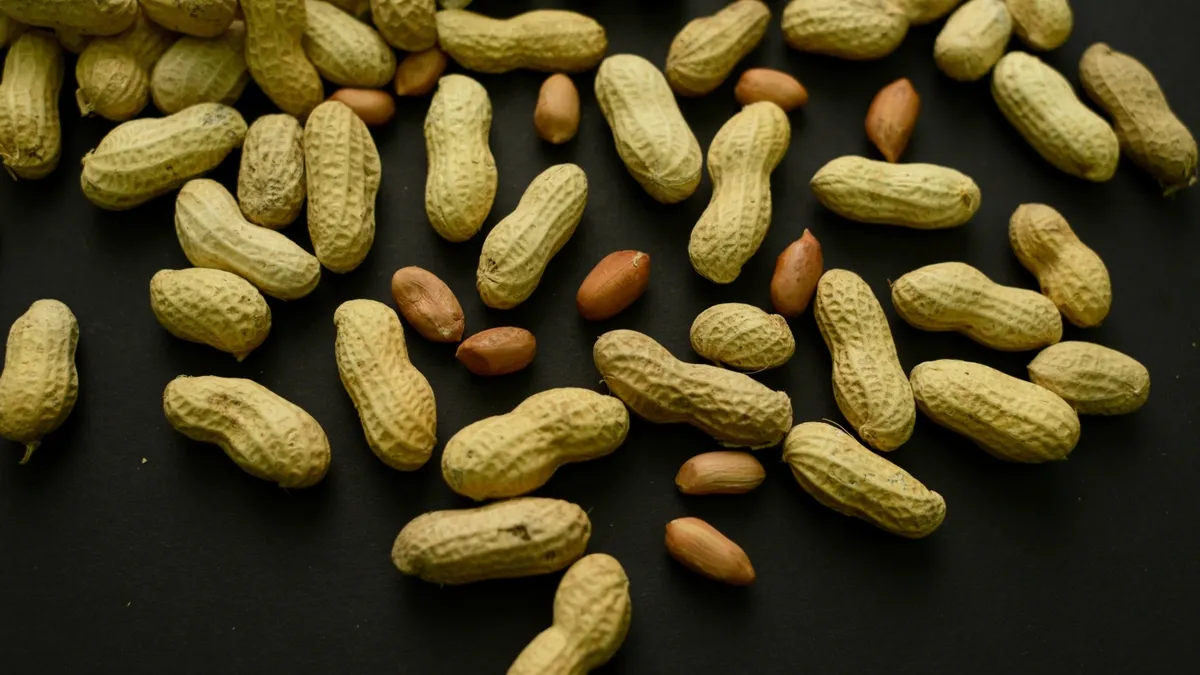
For years, parents were advised to keep their babies away from peanuts to avoid the risk of developing a potentially dangerous allergy. However, a landmark study published a decade ago turned this advice on its head. The research indicated that introducing peanut products to infants early could significantly reduce the likelihood of developing a peanut allergy. This pivotal finding gained traction among health experts, leading to a major reversal in pediatric guidance that has since transformed the landscape of food allergies in the U.S.
According to a recent study published in the peer-reviewed journal Pediatrics, the new guidelines have effectively reduced peanuts' rank as the leading cause of food allergies among children under 3 years old. Dr. David Hill, who led the study, stated, “Early allergen introduction works. For the first time in recent history, it seems like we're starting to put a brake pedal on the epidemic of food allergies in this country.” This shift in dietary recommendations is evident as schools and camps have begun banning peanut butter from lunches, and airlines have stopped serving salted peanuts.
In a notable study published in 2015, The New England Journal of Medicine reported a troubling quadrupling of peanut allergy prevalence among U.S. children, increasing from 0.4% in 1997 to over 2% by 2010. However, following the updated health guidelines in 2015 and 2017, there has been a significant decline in peanut allergies. Dr. Hill indicates that there was a remarkable 43% reduction in peanut allergy prevalence and a 36% reduction in overall food allergy prevalence. He estimates that these new guidelines have prevented peanut allergies in at least 40,000 children over the past decade.
The turning point for peanut allergy prevention occurred in 2015 when researchers aimed to understand why peanut allergies were ten times more prevalent among Jewish children in the U.K. compared to their Israeli counterparts. The difference in dietary habits was stark; while British and American parents avoided peanut products, Israeli parents frequently introduced their infants to a peanut snack called Bamba. This research led to revised recommendations, advising that infants at high risk for peanut allergies should be introduced to peanut-containing foods as early as 4 to 6 months old, aligning with guidelines published by the National Institute of Allergy and Infectious Diseases in 2017.
Dr. Hill and his team conducted a comprehensive analysis of food allergy rates in young children before and after the revision of peanut guidelines. They examined health records from over 120,000 U.S. children across various pediatric practices. Dr. Corinne Keet, a professor of pediatrics at the University of North Carolina at Chapel Hill, expressed her interest in the study while remaining cautious about its implications. She noted that despite the positive trend, families have not fully embraced the new guidelines, often due to fears of endangering siblings or parents with existing allergies.
Dr. Keet pointed out the difficulties in conducting high-quality studies on food allergy prevalence. She highlighted that the landmark 2015 study, known as LEAP (Learning Early about Peanut Allergy), yielded definitive results through a large clinical trial involving hundreds of children over time. Dr. Hill acknowledges the limitations of their study, which relied on diagnostic codes rather than direct measures of allergy rates and did not include data on children's eating habits. Nonetheless, he views the findings as encouraging, indicating a strategic shift that is benefiting children in the long run.
Dr. Hill emphasizes the importance of early peanut introduction, as many peanut allergies can persist into adulthood. “It's highly persistent,” he explains, noting that only about 10% of children who develop a peanut allergy will outgrow it. The shift in guidelines and the ongoing research into food allergies signify a critical step toward ensuring healthier futures for children and alleviating the burden of food allergies in American society.